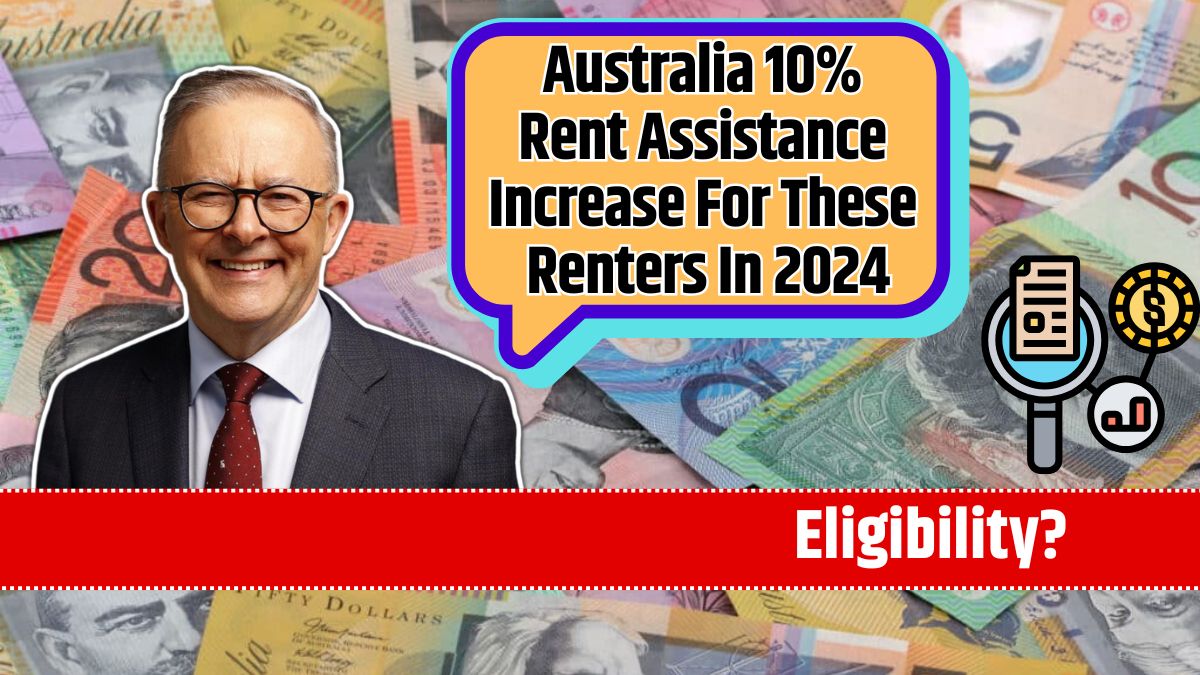The UK’s Department for Work and Pensions (DWP) has introduced a new mandate emphasizing employment over welfare for individuals receiving Personal Independence Payment (PIP).
While continuing to provide essential support for those unable to work, the DWP aims to empower beneficiaries with disabilities or long-term health conditions to enter or return to the workforce where possible.
This guide unpacks the key reforms, the introduction of the WorkWell Programme, and what these changes mean for PIP recipients.
Overview of the New Mandate
| Aspect | Details |
|---|---|
| Mandate Focus | Shifting from welfare reliance to employment prioritization. |
| Changes to PIP Payments | Potential move from regular payments to vouchers or work-related grants. |
| WorkWell Programme | A £64 million initiative offering local support and employment resources. |
| Impact on Beneficiaries | Continued support for those unable to work; enhanced resources for those able. |
| Implementation | Piloted across 15 regions in England. |
Understanding the New Mandate
The Personal Independence Payment (PIP) is a financial benefit designed to assist individuals with long-term health conditions or disabilities. It helps cover additional daily living and mobility costs. Over 2.7 million people in the UK rely on PIP, and while it remains a vital support mechanism, the DWP’s new mandate seeks to integrate employment as a pathway to greater independence.
Why Is the DWP Shifting to an Employment Focus?
- Promoting Well-Being: Evidence suggests that suitable employment can improve mental health, provide a sense of purpose, and enhance social integration.
- Reducing Dependency: The government aims to address rising welfare costs by encouraging those who are able to work to move toward financial independence.
- Supporting Sustainability: An aging population and increased demand on state resources necessitate reforms to make the welfare system more sustainable.
Key Changes in the New PIP Mandate
1. Emphasis on Employability
- The DWP will assess beneficiaries’ employability during PIP evaluations.
- Recipients deemed capable of work will have access to career counseling, vocational training, and job placement services.
2. Reevaluation of PIP Payments
- Traditional cash payments may be replaced or supplemented with vouchers or grants targeted at work-related costs, such as transportation, assistive devices, or home office equipment.
3. Introduction of the WorkWell Programme
- The WorkWell Programme provides tailored support for individuals transitioning into employment.
- Services include:
- Physiotherapy.
- Mental health counseling.
- Workplace adaptations.
- Job training and placement.
- Piloted in 15 regions, the program is backed by a £64 million investment.
4. Assurance of Continued Support
- Beneficiaries who are genuinely unable to work due to health conditions will continue receiving PIP payments and health support.
How These Changes Affect PIP Beneficiaries
For Those Who Can Work
- Enhanced Support for Employment
- Access to personalized employment services, such as the WorkWell Programme.
- Vocational rehabilitation programs tailored to your skills and abilities.
- Financial Incentives
- Grants or vouchers for work-related expenses (e.g., transport, adaptive technology).
- Career Development Opportunities
- Training programs to improve employability and help secure meaningful work.
For Those Who Cannot Work
- Uninterrupted Financial Support
- Continued PIP payments for individuals whose health conditions prevent employment.
- Reassurance
- Regular health assessments will ensure only those genuinely able to work are encouraged to seek employment.
Navigating the Changes
Step 1: Regular PIP Assessments
PIP beneficiaries will undergo routine evaluations to determine their work capacity. The DWP will assess eligibility using its Impairment Tables and health reports.
Step 2: Engage with Support Services
If deemed capable of working, beneficiaries will be invited to participate in:
- WorkWell Programme resources.
- Local job training and placement services.
Step 3: Manage Financial Changes
Stay informed about how payments may transition from direct cash to targeted grants or vouchers.
Step 4: Seek Guidance
Consult trusted sources such as:
- DWP Updates for the latest information.
- Citizens Advice or disability support organizations for assistance navigating changes.
Potential Concerns and Reassurances
Concerns
- Fear of Losing Benefits
- Beneficiaries may worry about losing financial support.
- Suitability of Work Opportunities
- Some individuals may question whether available roles are aligned with their abilities.
Reassurances
- No Forced Work Mandate
- The DWP emphasizes that individuals unable to work will not be compelled to do so.
- Tailored Support
- Programs like WorkWell ensure employment options match individual capabilities and conditions.
The DWP’s new mandate for PIP beneficiaries reflects a shift toward prioritizing employment as a pathway to independence while safeguarding essential financial support for those who cannot work.
With initiatives like the WorkWell Programme, beneficiaries can access tools and resources to explore suitable work opportunities.
For those unable to work, continued financial and health support remains a cornerstone of the reformed system. Staying informed and engaging with available resources will help individuals navigate these changes effectively.













